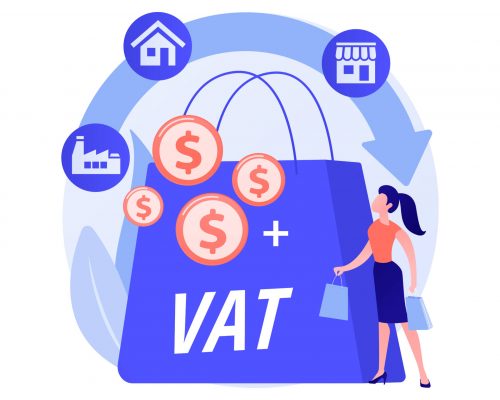Getting VAT Registration in Netherlands
Introduction
If you intend to do business in or with the Netherlands, you should be aware of the country’s Value Added Tax (VAT) system. VAT is a tax on the value added to products and services at all stages of production and delivery. Businesses in the Netherlands that are formed in the country or have a permanent establishment must register for VAT. Furthermore, international enterprises who sell goods or services to Dutch customers may be required to register.
Who Must Register for VAT in the Netherlands?
If you do business in the Netherlands, you may be required to register for VAT. Companies based in the Netherlands or with a permanent presence in the nation must register for VAT. If you are a foreign company offering goods or services to Dutch clients, you may be required to register for VAT as well. The yearly revenue requirement for mandatory VAT registration is €14,000 for firms founded in the Netherlands and €0 for non-resident businesses.
How Does VAT Registration Work in the Netherlands?
You must apply to the Dutch Tax and Customs Administration to register for VAT in the Netherlands. The application can be submitted online, by mail, or by contacting a tax expert. You must give information about your firm, such as its legal structure, activities, and revenue. You will also be required to produce identification documents for yourself and any other individuals with significant authority over the organisation. The Dutch Tax and Customs Administration will assess your application and notify you of your VAT number and VAT registration effective date.

Understanding Dutch VAT
Dutch VAT is a tax on the value added to goods and services at all stages of production and delivery. The typical VAT rate in the Netherlands is 21%, although there are additional reduced rates of 9% and 0%. Food, medications, literature, and transport services are all exempt from the reduced rate of 9%. The 0% rate applies to exports of goods and services beyond the European Union.
VAT compliance in the Netherlands
Once you have registered for VAT in the Netherlands, you must follow the Dutch VAT requirements. This includes providing invoices that match Dutch VAT invoicing rules, keeping accurate records of your VAT transactions, and submitting periodic VAT returns. The frequency of VAT returns is determined by the volume of your sales and might be monthly, quarterly, or annually. You must also ensure that you charge the correct VAT rate on your sales and that you are able to collect VAT back on your purchases.
Conclusion
Getting VAT registration in the Netherlands is a critical step for enterprises engaged in taxable operations. The procedure entails submitting an application to the Dutch tax authorities, specifically the Belastingdienst. Businesses must give essential information about their activity, turnover, and estimated VAT liabilities. When the application is approved, the company will be given a VAT identification number. VAT registration allows businesses to charge and collect VAT on their goods and services, obtain input tax credits, and comply with tax requirements. Businesses operating in the Netherlands must comply with VAT registration regulations to ensure legal compliance and seamless business operations.



